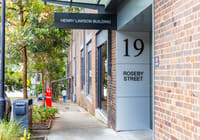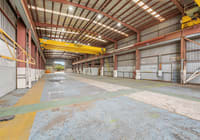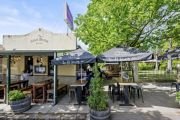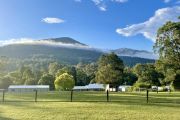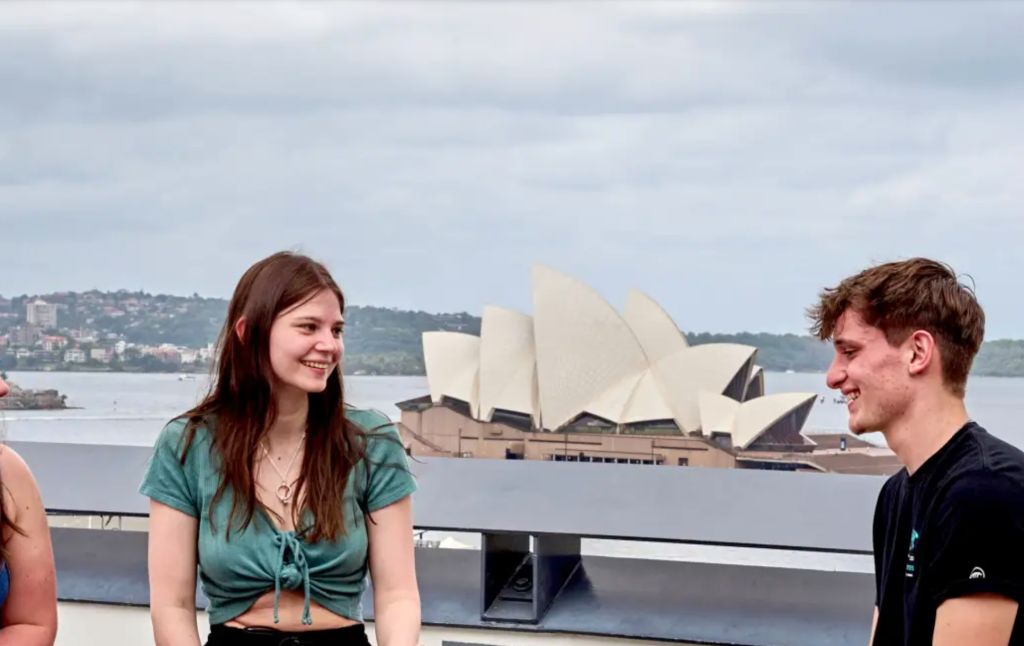
New brands, investors target hostel and backpacker accommodation
Major investors Selina and Drifter Hospitality are scouring the backpacker and budget accommodation market for opportunities after the industry endured a disastrous run through COVID-19, forcing many businesses to rationalise, close or repurpose.
Agent Hayley Manvell from CBRE said “we’ve never had so much enquiry or interest for backpacker accommodation” despite the fact Australia’s international borders were closed for almost two years before reopening last month.
“What has happened is that some of the backpacker accommodation has gone into other uses, whether it be for resident accommodation in places like Airlie Beach for those who are working on the islands, or farm-worker accommodation.
“We’ve also seen so many new groups enter the market.”
Among them is Selina, an international brand targeting “digital nomads”, which has secured 20-year leaseholds on two properties in Melbourne and a third in Brisbane with plans to rapidly build a network of up to 40 properties in Australia and New Zealand.
Gadi Hassin, Selina’s director of south-east Asia, Australia and New Zealand, said the group had plans to list on the New York Stock Exchange by the end of June and was exploiting what he saw as a product gap between hostels and three-star hotels.
“We are looking to expand significantly in Australia – our plans are very ambitious,” Mr Hassin said.
All three of Selina’s initial properties were previously leased by the Tourism Adventure Group, which went into administration last June.
TAG was restructured with the support of creditors and continues to trade with a reduced portfolio of 15 properties under the Base, Nomads and United hostel brands.
Mr Hassin said Selina, which said it had secured a network of 134 properties across North America, South America and Europe, was looking for local capital partners, either as landlords or investors with property overhauls generally costing $10,000 per bed.
He said Selina’s properties were not hostels but “hybrid hotels” offering a mix of accommodation, including shared rooms, and communal spaces including co-working areas for the growing digital nomad traveller demographic.
Another emerging player is the Drifter Hospitality Group, now in the middle of a capital raise led by investment bank Barrenjoey with an original goal of $75 million in equity to fund the purchase of Haka Tourism Group and its six backpacker lodges in New Zealand.
But it is understood that goal has been lifted to $200 million, with closure anticipated within two months, following an enthusiastic response from institutional investors and a flurry of potential purchase opportunities.
Intrepid Travel has already taken an equity stake and accommodation industry insiders say negotiations on deals in Australia and New Zealand are well advanced.
Under the model, Barrenjoey would manage the fund, owner of both the real estate and hostel operations. Haka owner Ryan Sanders will be the chief executive.
Meanwhile, there have been major changes at industry leader YHA Australia, which has divested five of its hostels over the past two years, raising $33 million, which it is reinvesting into its existing portfolio of 39 properties around the country.
“Through the course of 2020 and 2021 we did downsize the portfolio to get it in the right shape and also allow us to trade financially,” said chief executive Paul McGrath.
“Obviously with 70 per cent of market working holiday-makers, or backpackers, they were pretty tough years.”
He said YHA Australia was refocusing the business and, like Selina, targeting digital nomads, freshening up its product with an increased emphasis on quality food and beverage.
There are also plans to introduce co-working spaces, starting with a pilot project under way at its property at Byron Bay.
“We feel that there’s a need in regional areas for low-cost co-working spaces for our market,” said Mr McGrath.




